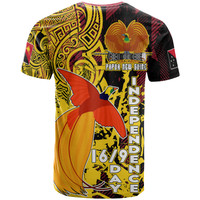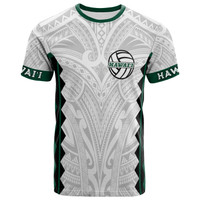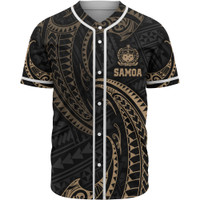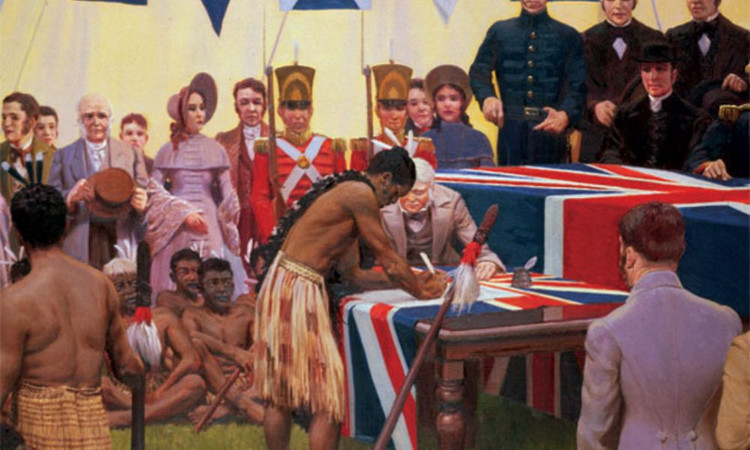What is Waitangi Day and how does New Zealand celebrate it?
Posted by Maris on 3rd Jan 2024
New Zealand celebrates the signing of Te Tiriti o Waitangi, or the Treaty of Waitangi, in 1840, on February 6th of each year. What is regarded as British delegates and Māori chiefs signed the nation's founding document. The day, which is a national holiday, gives people in New Zealand a chance to consider their cultural legacy and history. We examine the origins of Waitangi Day and its commemoration in New Zealand.
The signing of the Treaty of Waitangi

The Treaty of Waitangi was signed on February 6, 1840, in Waitangi by over forty rangatira (chiefs) and representatives of the British Crown. The Māori rights to their land and culture were guaranteed by the agreement, which also established British dominion over New Zealand. More than five hundred chiefs from all throughout the nation had signed the document by September 1840. Today, if you go to Waitangi, you can see the flagstaff that is stationed on the Upper Treaty Grounds, the site of the first Treaty signing.
Waitangi Day 1st

To commemorate Governor-General Lord Bledisloe's handover of Treaty House and the Waitangi grounds to the people of New Zealand, the country celebrated the first Waitangi Day in 1934. It was Lord Bledisloe's intention for the location to serve as a memorial and emblem of the Māori people's connection with the colonizers. In order to maintain the site, a trust board was also constituted as part of the inaugural Waitangi Day. The descendants of those who signed the original Treaty in 1840 were represented on the board. Ten thousand Māori people showed up for the 1934 inaugural commemoration. There is still discussion among Māori regarding the Treaty's drafting and implementation, while not all of them agreed with it.
Controversies around the day and Treaty
Some people celebrate the day, but there are also protests and discussions on it. Māori continued to face rights violations and land dispossession in the years after the Treaty was signed. A large number of the Treaty's agreements were broken. The Treaty was drafted in a matter of days in both Māori and English, which sparked a continuous discussion on its meaning and execution. As a result, there is still a great deal of debate over upholding the Treaty.

Recognition as a national day
Many called for the day to be declared a public holiday as awareness of the Treaty increased during the 1960s. Te Tiriti o Waitangi was signed in 1973, and to commemorate this milestone, Waitangi Day was made an official national holiday. In order to promote a feeling of unity among the people, the government renamed the day as New Zealand Day. There was backlash to the new name, claiming it denigrated Māori history and the Treaty. In 1976, after a period of three years, the government restored Waitangi Day to its original and authentic name.
What is the Waitangi Day celebration in New Zealand?

Waitangi's Treaty Grounds host the primary Waitangi Day celebration. Every year, communities and the nation's leaders assemble there to commemorate the day. At five in the morning, Te Whare Runanga, the carved meeting house, hosts a dawn worship. There are festivities all day long on the Treaty Grounds and around the nation following the dawn service.
You'll discover many local artists and entertainers, as well as Waitangi Day customs including dance and music performances. The Royal New Zealand Army fires a 21-gun salute and holds flag-raising ceremonies. On the water, waka (Māori canoes) and navy ships perform an exciting spectacle. Even New Zealand's largest ceremonial battle boat, Ngātokimatawhaorua, will be on exhibit to demonstrate its strength. Around the country, there are also market booths, kid-friendly events, games, picnics, and get-togethers with relatives.
The Treaty of Waitangi's Legacy
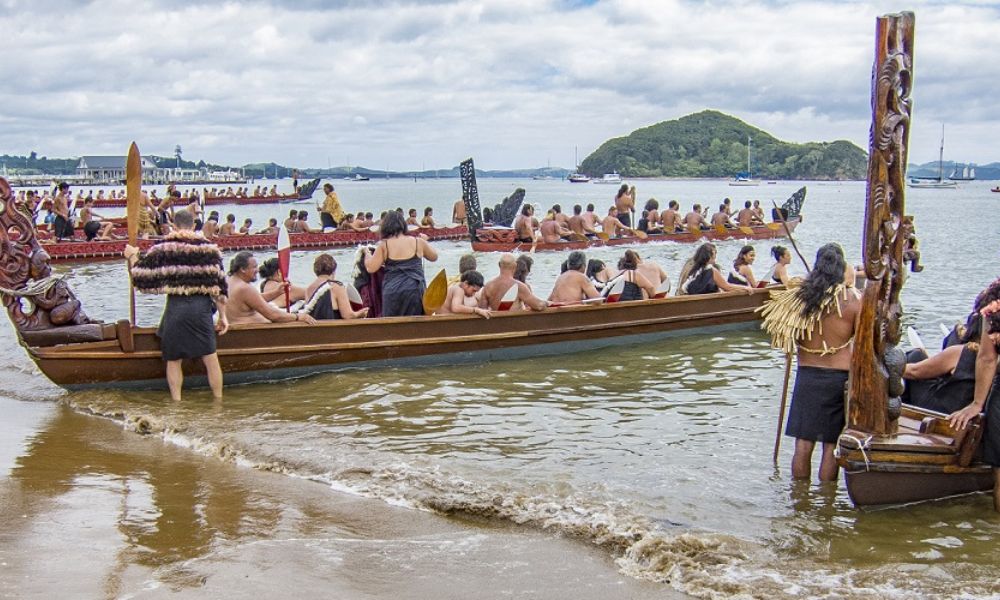
The Treaty still has a significant effect on Crown-Māori ties. In an effort to resolve Crown violations of the Treaty and enact Treaty settlements into enforceable legislation, the Waitangi Tribunal and the New Zealand government are collaborating. In order to provide funding for various events, including community tree planting and hāngi and kapa haka performances, the government has established the Commemorating Waitangi Day Fund. On this day, Māori communities commemorate the Treaty through talks. Open days and talks about the importance of the Treaty are held by some marae (meeting houses). Even abroad, from Australia to the US and London, there are celebrations to honor the day. Although many kiwis in New Zealand relish a long weekend on Waitangi Day, it's crucial to respect the day's historical significance and acknowledge the ongoing hardships faced by Māori in the country.




